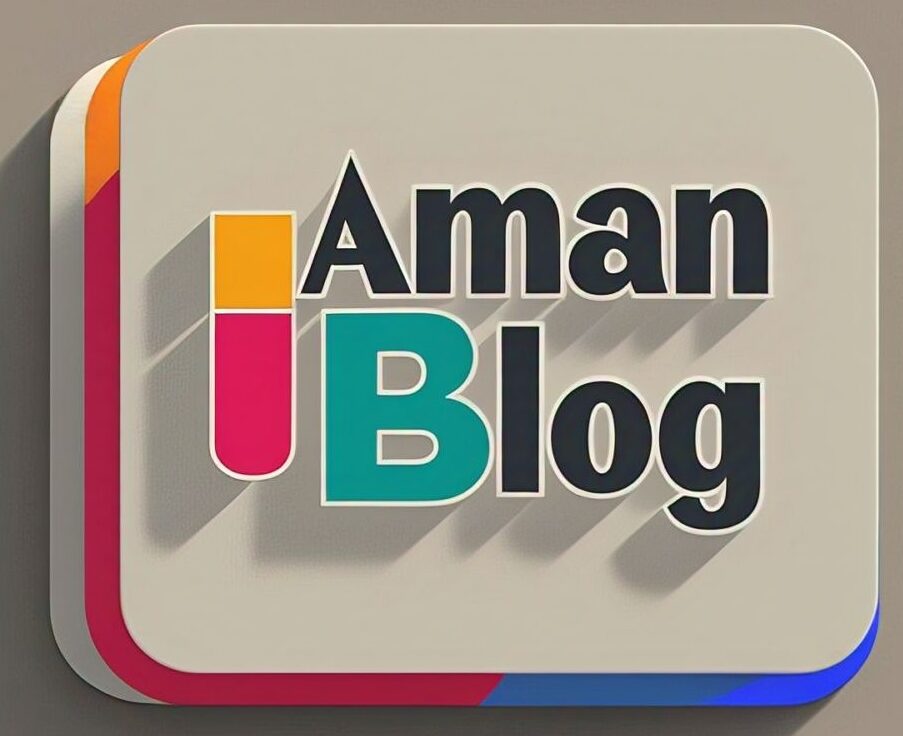Introduction
In the fast-paced world of textile manufacturing, small-scale industries face unique challenges when it comes to dyeing fabrics. The need for efficient, cost-effective, and high-quality dyeing solutions is crucial to remain competitive. Thankfully, modern textile dyeing machines for small-scale industries offer advanced technology without breaking the bank.
Whether you’re a budding entrepreneur or an established small business, investing in the right dyeing machine can significantly enhance productivity and improve fabric quality. In this guide, we’ll explore five powerful textile dyeing machines, their features, benefits, and essential tips to maximize their efficiency.
Overview of Textile Dyeing Machines for Small-Scale Industries
Textile dyeing machines cater to different fabric types and production capacities. For small-scale industries, these machines are designed to be compact, energy-efficient, and versatile. With the right machine, small businesses can achieve professional-grade results without outsourcing dyeing processes.
Types of Textile Dyeing Machines
- Jet Dyeing Machines – Ideal for delicate fabrics and lightweight textiles.
- Soft Flow Dyeing Machines – Suitable for knits and woven materials.
- Winch Dyeing Machines – Perfect for handling tubular and loose fabrics.
- Paddle Dyeing Machines – Best for dyeing small batches and experimental colors.
- Beam Dyeing Machines – Designed for uniform dyeing of large fabric rolls.

In-Depth Review of Top 5 Textile Dyeing Machines for Small-Scale Industries
1. Jet Dyeing Machine
Jet dyeing machines are a game-changer for small-scale textile industries. These machines use a closed system that circulates dye through the fabric, ensuring even and precise coloring.
Features:
- Low liquor ratio for minimal water consumption
- Suitable for synthetic and natural fibers
- Energy-efficient and quick dyeing cycles
Benefits:
- Reduces fabric damage
- Cost-effective for small batches
- Environmentally friendly with reduced water usage
2. Soft Flow Dyeing Machine
Soft flow dyeing machines combine gentle fabric handling with high efficiency, making them perfect for delicate fabrics like silk and fine cotton.
Features:
- Smooth dye circulation with low pressure
- Adjustable dyeing temperature
- Compact size for small-scale operations
Benefits:
- Minimizes creasing and fabric stress
- Ideal for small batches
- Energy-saving and easy to operate
3. Winch Dyeing Machine
Winch dyeing machines are versatile and effective for processing soft and stretchy textiles. These machines are favored for their ability to handle various fabric types simultaneously.
Features:
- Simple structure for easy maintenance
- Capable of dyeing long fabric lengths
- Suitable for continuous operations
Benefits:
- Low maintenance cost
- Handles a variety of fabric textures
- Consistent dye penetration
4. Paddle Dyeing Machine
Paddle dyeing machines are designed for small-scale industries looking to experiment with colors or dye small quantities.
Features:
- Gentle mechanical agitation
- Ideal for garment and sample dyeing
- Low energy consumption
Benefits:
- Perfect for specialty dyes
- Cost-effective for small runs
- Compact and easy to install
5. Beam Dyeing Machine
Beam dyeing machines provide uniform dye penetration and are ideal for high-quality finishing on larger fabric rolls.
Features:
- High-pressure dyeing system
- Suitable for tightly woven fabrics
- Customizable dyeing parameters
Benefits:
- Consistent color output
- Reduces dye wastage
- Ideal for precise, high-end production
Comparative Table: Textile Dyeing Machines for Small-Scale Industries
| Machine Type | Ideal For | Key Feature | Batch Size |
| Jet Dyeing Machine | Delicate fabrics, synthetics | Low liquor ratio | Small-Medium |
| Soft Flow Machine | Knits, woven textiles | Adjustable temperature | Small-Medium |
| Winch Dyeing Machine | Tubular, loose fabrics | Easy maintenance | Large |
| Paddle Dyeing Machine | Garment and sample dyeing | Gentle mechanical agitation | Small |
| Beam Dyeing Machine | Large, tightly woven fabrics | High-pressure dyeing system | Medium-Large |
Benefits of Textile Dyeing Machines for Small-Scale Industries
- Cost Efficiency: Reduces outsourcing costs by enabling in-house dyeing.
- Enhanced Quality Control: Allows better monitoring of color consistency.
- Eco-Friendly: Modern machines consume less water and energy.
- Customization: Supports small-batch and custom dyeing for niche markets.
- Increased Productivity: Faster dyeing cycles lead to quicker turnaround times.
Tips for Choosing the Right Textile Dyeing Machines for Small-Scale Industries
- Understand Your Fabric Needs: Different machines cater to specific textile types.
- Evaluate Production Capacity: Consider the machine’s batch size relative to your output.
- Energy Efficiency: Choose machines with low liquor ratios and optimized power consumption.
- Space Considerations: Ensure the machine fits within your production area.
- Maintenance Requirements: Select machines that are easy to maintain and service.
Future of Textile Dyeing Machines for Small-Scale Industries
The future of textile dyeing machines for small-scale industries is promising, with technological advancements focusing on sustainability and automation. Expect innovations like:
- AI-Driven Dyeing Systems: For precise color matching and process optimization.
- Zero-Waste Dyeing: Machines that recycle water and minimize chemical use.
- Compact Multi-Function Machines: Combining dyeing, washing, and finishing in one system.
As technology continues to evolve, small-scale industries will benefit from improved efficiency and eco-friendly processes, allowing them to stay competitive in the market.
Also Read : 9 Powerful Insights into the Recycled Polyester Recycling Process
Conclusion
Investing in the right textile dyeing machines for small-scale industries can transform your production process. From jet dyeing for delicate fabrics to beam dyeing for large rolls, the options are vast and versatile. By understanding your business needs and staying updated with emerging technologies, you can make informed decisions that boost both productivity and profitability.
